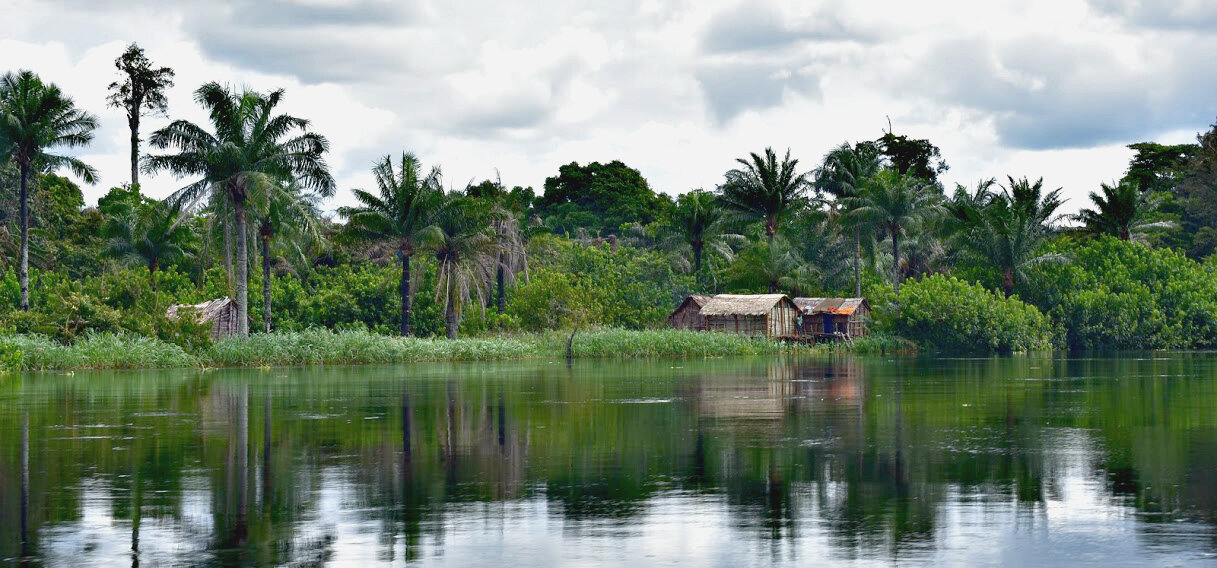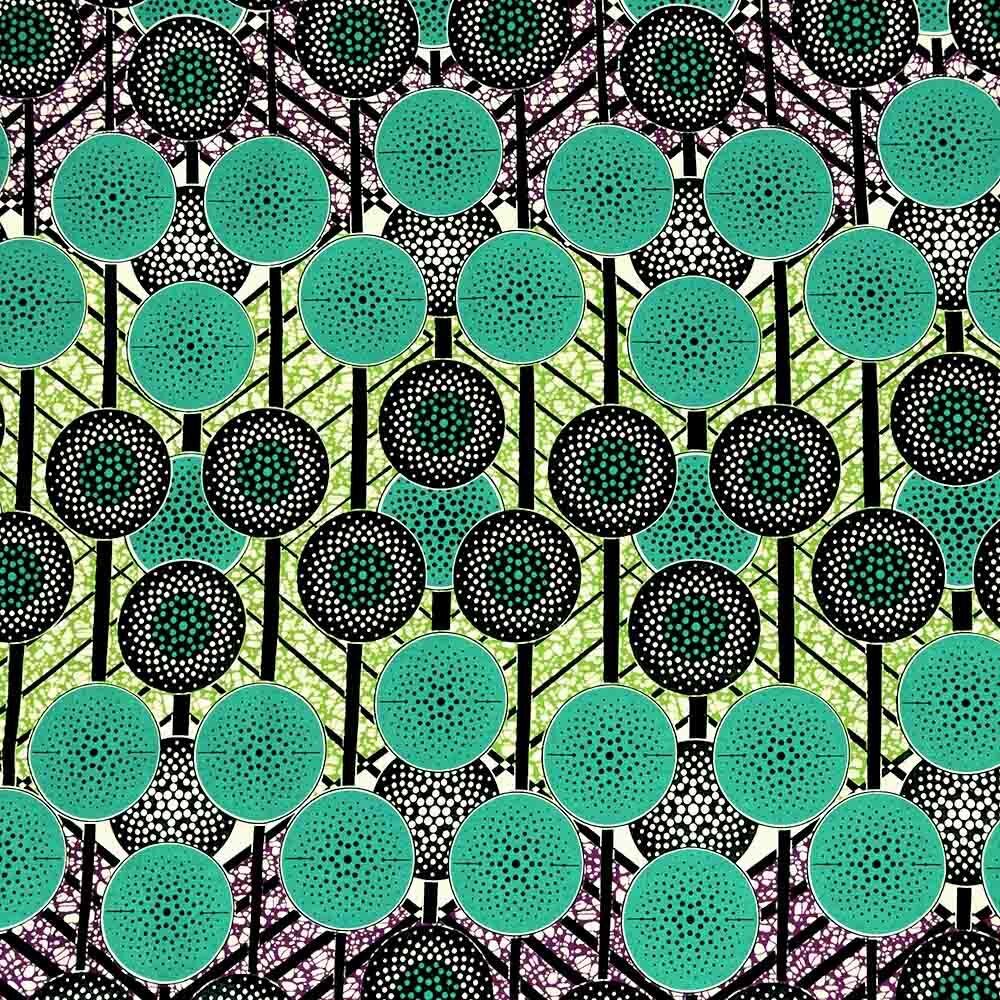
Where We Work
Go Conscious Earth is a global nonprofit focused on conserving Congo Basin Rainforest in the Democratic Republic of Congo. We protect endangered wildlife and support global climate stability by empowering communities around Lake Tumba toward development of forest-friendly, income-generating, sustainable livelihoods.
The Congo Basin Rainforest is the second-largest contiguous tract of tropical forest in the world.
Often called “the Second Lung of Mother Earth,” the Congo Basin consists of rich, biodiverse rainforests and swamps. The size of half the continental United States, it spans the six central African nations of Cameroon, Central African Republic, Republic of the Congo, Equatorial Guinea, Gabon, and the Democratic Republic of Congo (DRC). The DRC boasts more than 60% of the total Basin and Central Africa's lowland forest cover. It is estimated that 75 million people and 150 distinct ethnic groups depend on this rainforest through game and wood, subsistence agriculture and fishing, regulation of local climate and water flows, soil protection and enrichment, and more. Many of these communities practice a traditional hunter-gatherer way of life.
Lake Tumba, a Globally Important Wetland
As the world’s largest swamp forest, second largest wetland area, and home to the largest Ramsar Freshwater Wetland of International Importance, the Lake Tumba landscape is known for its incredible biodiversity. Critical to climate stabilization both locally and globally, some 2 million people depend on this area's rich forests, marshes, savannahs and meadows, seasonally-flooded woodlands and lakes, floating prairies, ponds and rivers - as well as the renowned carbon dense peatlands.
Lake Tumba and Equateur Province Communities We Support
Go Conscious Earth has helped secure customary land rights for four communities in Equateur Province. Our current partners in the work of rainforest conservation, poverty alleviation and sustainable livelihood initiatives within Local Community Forest Concessions are the communities of Ngelo Monzoi, Ikoko Bonginda, Nkake (north of Lake Tumba), and Lokongo in the far more remote region south of the lake. These communities have all specifically requested the assistance of Go Conscious Earth.
Forest Dependent People
There are large communities of Bantu and Batwa (Pygmy) people living in extreme poverty here. When multinational logging or farming corporations take their lands, not only are habitats and ecosystems destroyed, but the people are left with even fewer resources to feed their families, and then often turn to harmful and unsustainable farming and fishing practices in order to survive. Most of us have never had to drink the water we wash our clothes in. We’ve never lost a child to starvation or a simple preventable infection. But for the communities we work with, this is their daily reality.
The Batwa
The main indigenous hunting and gathering people of DRCongo are the Batwa. Still sometimes known as “Pygmies", and referring to themselves as “Forest People,” they number up to 100,000 in the area around Lake Tumba. For millennia they have hunted and gathered, but in the past few decades their homelands have been destroyed by industrial logging, ethnic conflicts, and encroachment from agriculturalists. Read More >
The Bantu Communities
The Bantu communities we work with are of several Mongo sub-ethnicities living in the African equatorial forest, south of the main Congo River bend north of Kinshasa, DRC. In the area where we work, they include such groups as the Bamwe, Ibinza, Ngombe, Lokele, Ntomba, and others. The Bantu communities farm cassava, yam, and banana supplemented with wild plants, seasonal vegetables, hunting and trade for forest products from the neighboring Batwa. Read More >
Extraordinary Biodiversity
Species found in the Lake Tumba landscape include the world’s only endangered Bonobos, and other greater and lesser primates including the Angolan colobus, Allen’s swamp monkey, black mangabey, red-tailed monkey and the Brazza’s monkey, endangered forest elephant, forest buffalo, leopard, many species of fish, three types of crocodile, and the hippopotamus.
We believe the connection between the earth and people must be treated with dignity and respect. Where we work in the Congo Basin, this means protecting community land rights, supporting people as they protect their rainforest homes and develop sustainable initiatives like clean water and regenerative farming that helps all life thrive.







